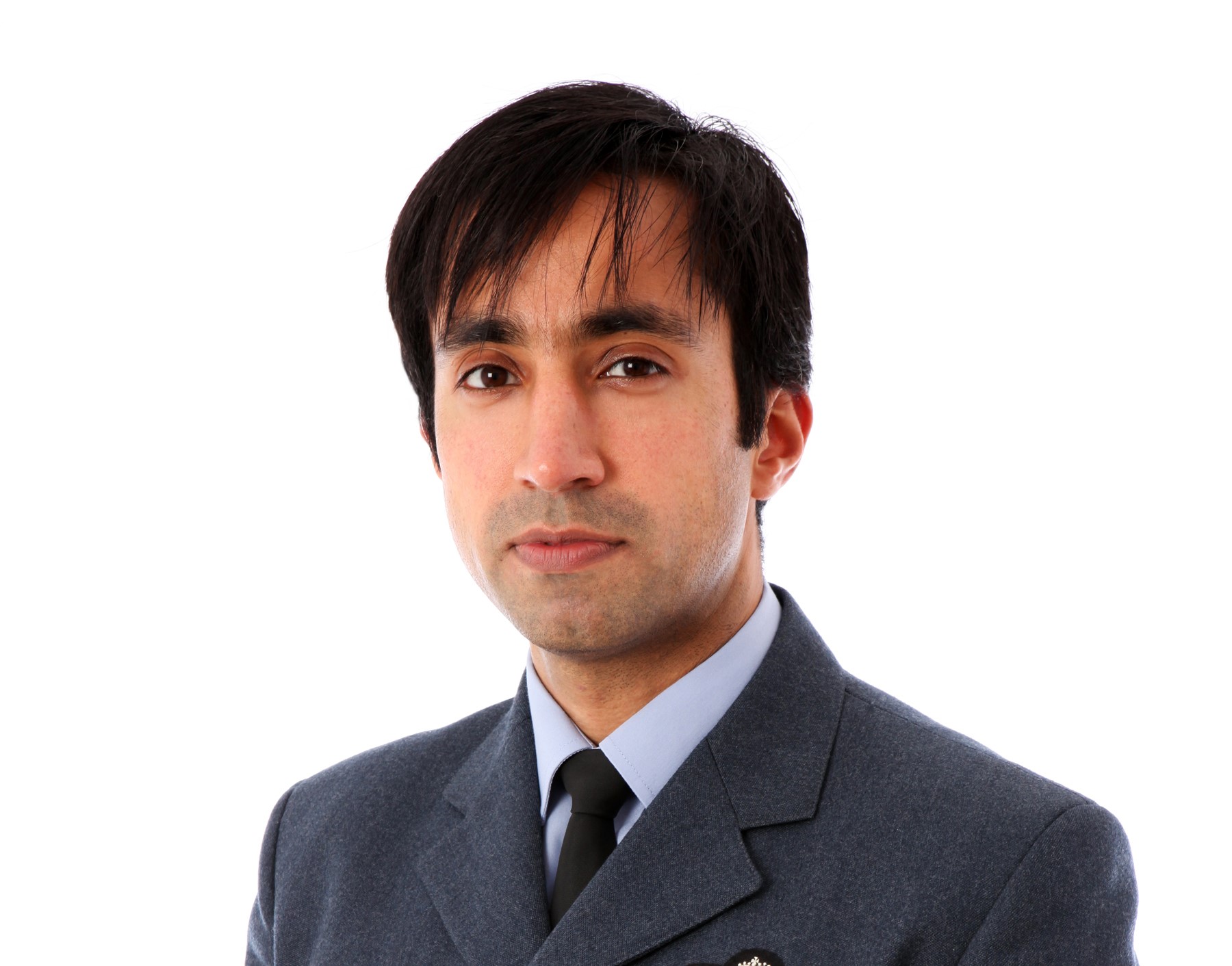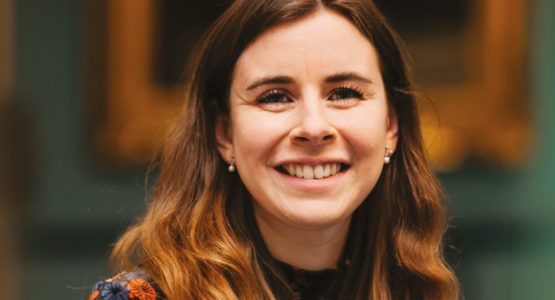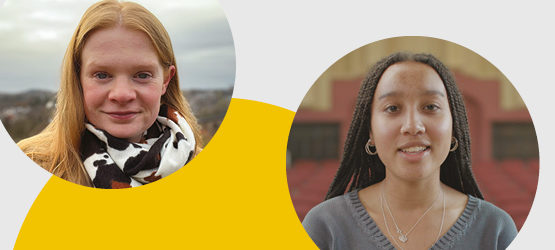From flying the Royal Family as an RAF pilot to management consulting in London and now living in the Middle East, Jazz Bhangu’s career has not been short of twists and turns. Here, he talks to the Johnian Editor, Ellie Collingwood, about his unusual journey, from Wolverhampton to Abu Dhabi!
Tell us a little bit about your background.
I was brought up in Wolverhampton, in a fairly typical, working class, Punjabi Sikh immigrant household. Life was challenging but my ‘break’ came with passing the 11+ and gaining entry into Wolverhampton Grammar School (WGS) – a surprisingly prestigious school (founded in 1512, only a year after St John’s) situated in inner-city Wolverhampton within a bike ride of home. The fees were completely out of our financial reach but, fortunately for me, the now disbanded Assisted Places scheme came to my rescue. My seven years at WGS not only shaped me academically but also instilled a ‘sky’s the limit’ spirit – literally!
How longstanding was your involvement with the RAF?
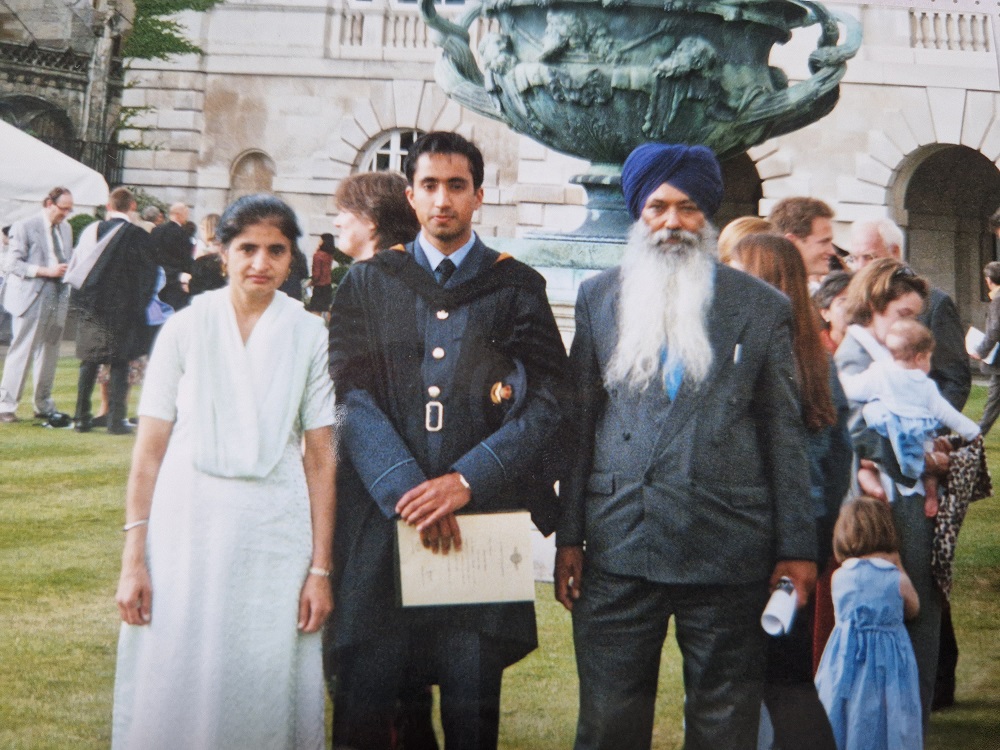
Like most RAF pilots of my era, my passion to fly military jets was ignited by watching Top Gun as a teenager. By the way, if you haven’t seen the 2022 sequel – I cannot recommend it highly enough!
Service in the armed forces is historically very common for Sikhs; indeed, my grandfather and numerous uncles served in the Indian Army. My dad had also spent four years in the British Reserve Forces so was highly supportive and encouraged me to join the Air Training Corps (Air Cadets). I did this the day I was old enough at 13 years and 3 months, and the opportunities it exposed me to were beyond my wildest dreams. I became a qualified, solo glider pilot before I was old enough to drive a car! It was very cool and I was hooked.
I then applied to formalise my commitment to the RAF and was selected for sponsorship throughout A Levels and university.
You said your formal flying training commenced during university. How does that work?
As a sponsored undergraduate RAF pilot, I was required to join Cambridge University Air Squadron – a formal training unit of the RAF. So, once a week during term-time and more intensely during the holidays, I would head down to Cambridge Airport and take flying lessons from RAF instructors. Not only was my subsequent employment with the RAF contingent on successful completion of the 120 hours flying course, my pilot ‘streaming’ (to determine the type of aircraft I would fly) would be based upon my performance during this time.
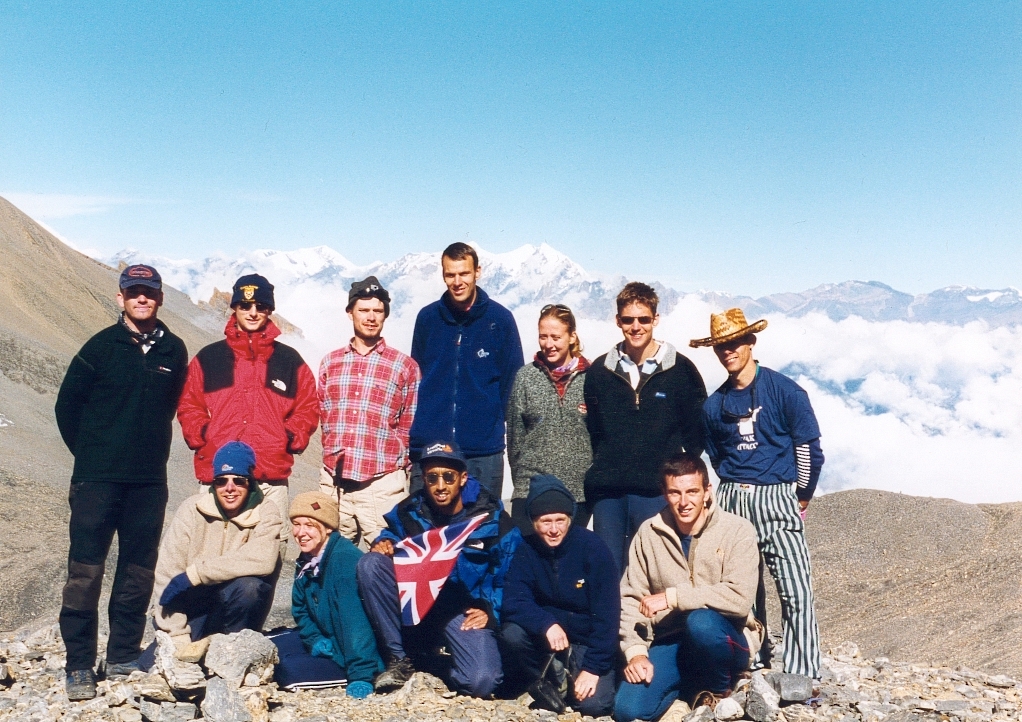
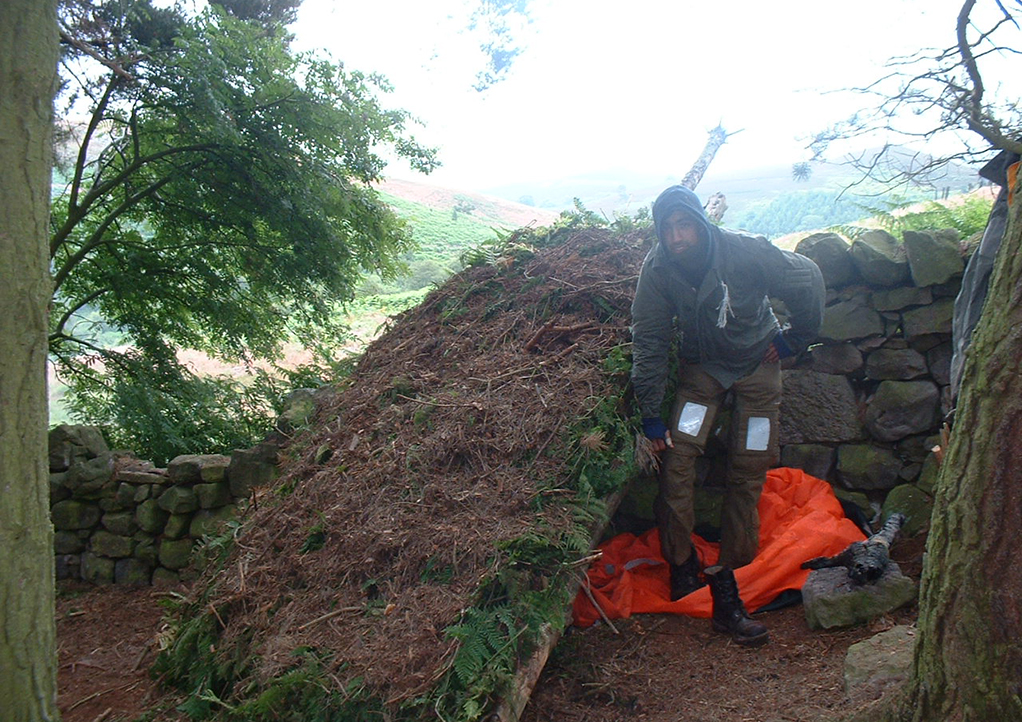
After St John’s, you spent 10 years in the
RAF. What were your main responsibilities
during your military career?
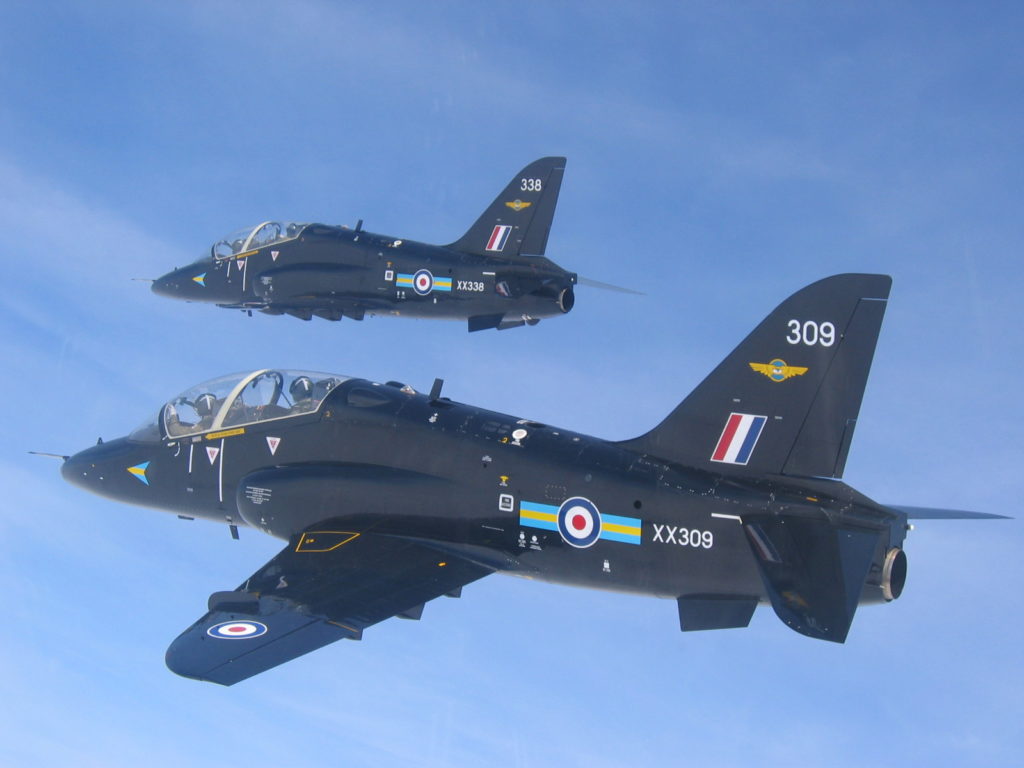
Before commencing the next stage of flying training within the RAF, all would-be pilots must first earn their commission as officers. This requires a six-month officer training course at RAF College Cranwell, Lincolnshire. This consists of a lot of early starts, running around carrying logs, getting cold and wet and having your resilience tested!
Following this, pilots splinter off to start their flying training according to their various ‘streams’; I was fortunate enough to have a shot at Fast Jets so flew both Tucanos and Hawks. My first operational posting was on 32 (The Royal) Squadron, operating out of RAF Northolt in West London, which is responsible for flying members of the Royal Family and senior government. I had the honour of flying almost every senior Royal and a number of prime and cabinet ministers to fascinating destinations, covering 44 countries during my four-year tenure on the Squadron.
The most interesting aspect of the role was the three months each year that I spent deployed overseas on active operations. Based in Bahrain, we supported British military commanders and special forces in a variety of challenging but incredibly interesting missions throughout Iraq and Afghanistan.
From military flying to management
consulting – that’s an unusual transition.
How did that come about?
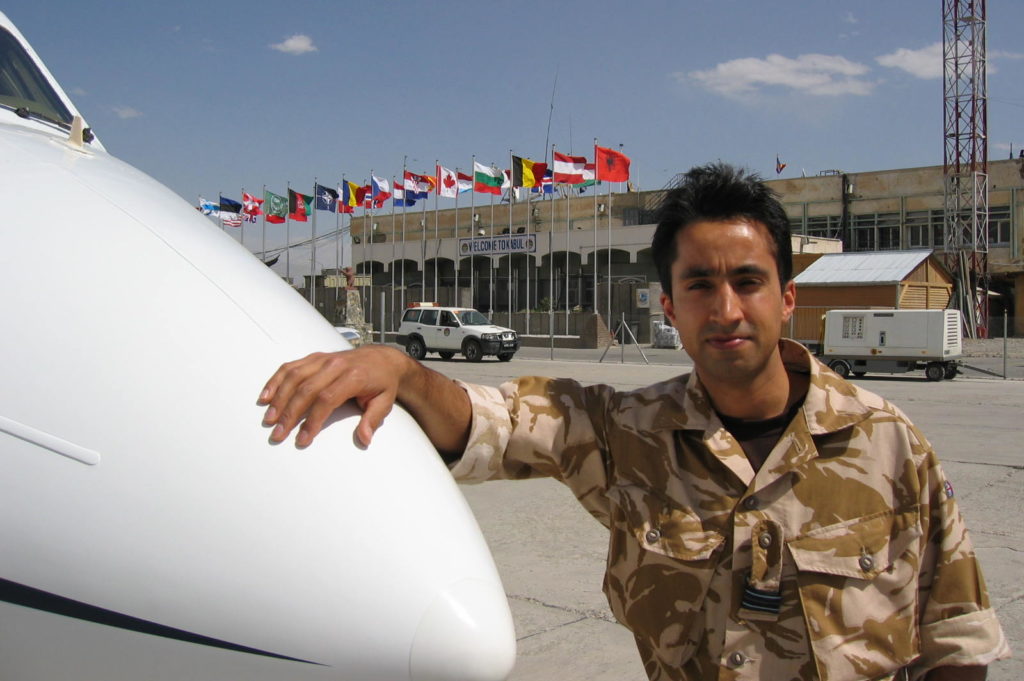
I was promoted to Squadron Leader and sent to ‘fly a desk’ for a few years, as Chief of Staff at the RAF’s Air Transport HQ, RAF Brize Norton. It was at this point that I decided to move to the corporate world and management consulting. The decision to hang up my flying gloves, seemingly forever, was made with a heavy heart, but I was convinced that realising my ambition to contribute to wider organisational change and decision making would require some drastic intervention.
After some diligent studying and incredibly helpful guidance from friends in the industry, I was offered a job with the highly prestigious Boston Consulting Group as a consultant. Despite excellent initiation training and ongoing development provided by the firm, it was certainly an initiation of fire – the learning curve was undeniably steep. I valued the much flatter hierarchy compared to the military, with project team leads genuinely interested in gathering opinions from even the most junior members. A plus side of the long hours was that I learnt a lot in a very short space of time. After two years I felt ready to take these newfound skills back to my aviation roots and started looking for corporate career opportunities within commercial airlines.
So, you didn’t join Etihad as a pilot?
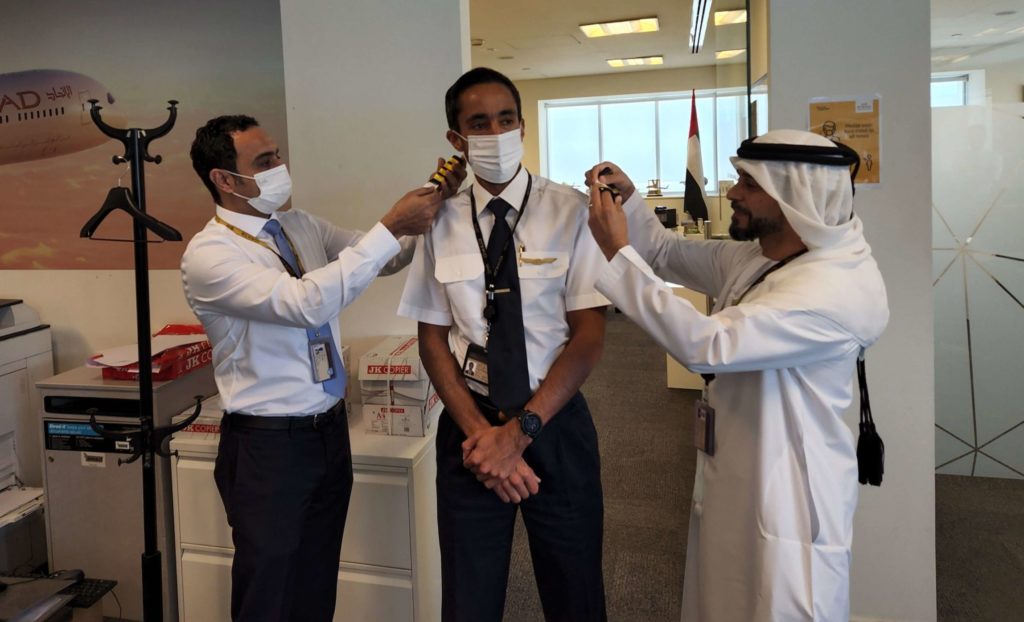
Exactly. I joined Etihad Airways, the national airline of the United Arab Emirates, within their Corporate Strategy team. It was an exciting opportunity; Etihad was the fastest growing airline in aviation history. The job necessitated moving to Abu Dhabi and, although leaving London was not easy, I was willing to give expat living a whirl.
Within Etihad my prior experience naturally nudged me into operationally focused projects, and after a year my role formally transitioned to the operations division. It was then that the CEO made me the unbelievable offer of ‘getting my wings back’ and actively flying for Etihad. This was to feed live operational experience into my primary role, which would remain within the operations management team. Naturally, there was absolutely no hesitation and I have been fortunate enough to fly both A320 and A380 aircraft as a First Officer, and I have just recently returned to the A320, upgraded to Captain.
What does an average day look like for you at the moment?
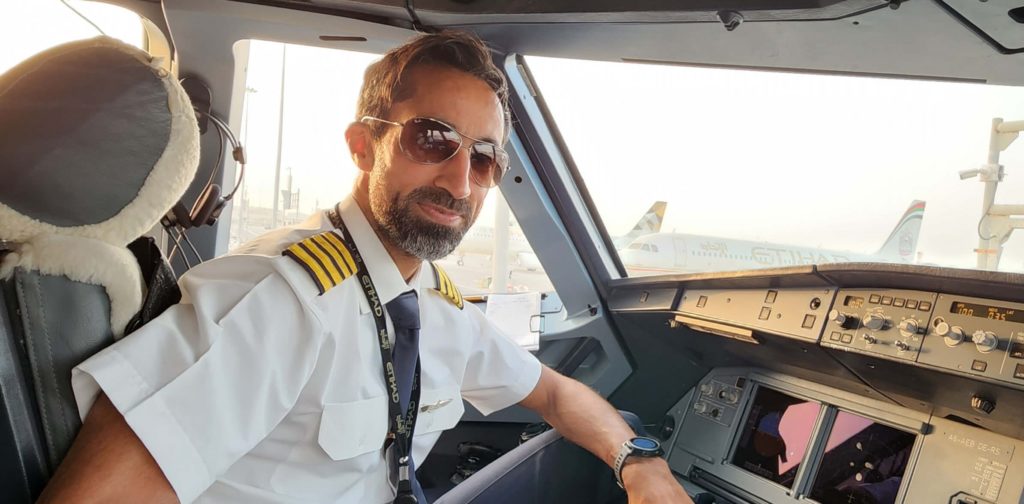
I work in the Etihad Flight Operations offices, at Abu Dhabi airport, typically four days a week and take one day out to operate a flight within the Etihad short-haul A320 network. The corporate side of the job is highly varied but primarily focused on supporting senior operations management with modelling operational scenarios, financial planning, as well as development of studies regarding investments in key operational tools and infrastructure.
The operational side of aviation prides itself on the use of acronyms and is shrouded in technical complexity, so another key part of my job is to translate operational requirements and challenges into language that can be understood by a non-technical audience. I act as a corporate-operational bridge, something that I find myself unusually well equipped for, albeit not through any grand design!
What has been the impact of COVID-19 on the aviation industry?
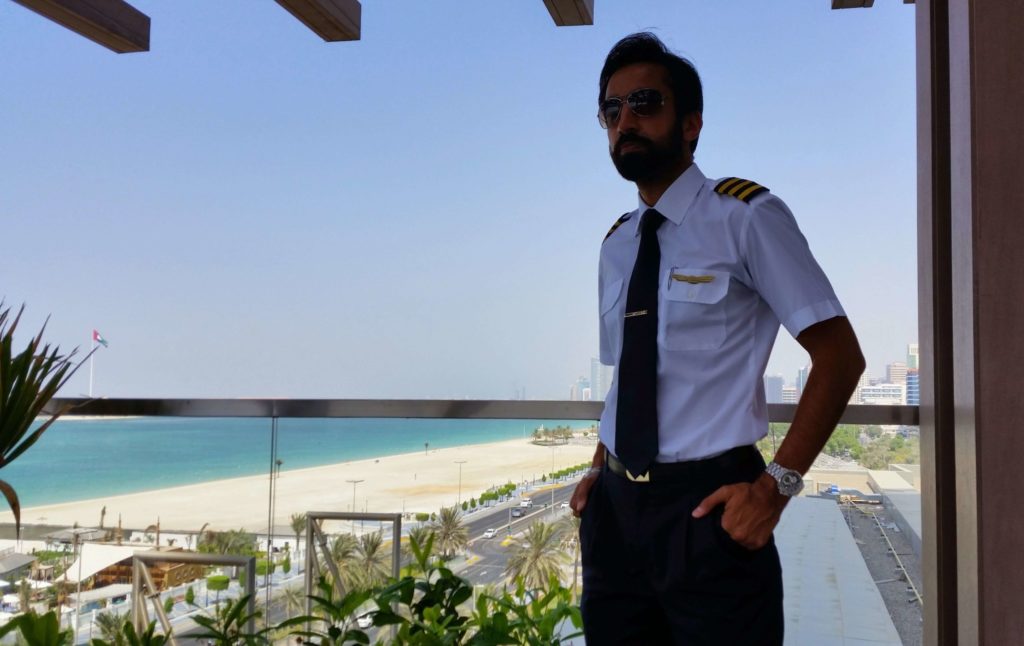
COVID-19 was tragic for many industries but aviation was one of the worst hit sectors. Many airlines didn’t survive and of those that did, many shrunk in size. This capacity reduction, combined with geopolitically driven, sky-high jet fuel prices, have resulted in significantly inflated fares compared to what travellers were previously accustomed to. These factors, alongside an increasing focus on the wider sustainability agenda, could accelerate a potential future reality where air travel could start to be considered a luxury. However, higher fares do not seem to have abated passengers’ desire to travel in the short term. Indeed, the pace of the resurgence has caught many European airlines and airports off guard, resulting in the undesirable disruption we witnessed during summer 2022.
It will be interesting to see if this is simply pent-up travel demand venting during the first real opportunity for summer travel post COVID-19 or whether it is more perpetual. And what about remote working and the impact on business travel and networking? Premium class travel revenue is critically important for full-service carriers like Etihad and initial signs are positive in this respect; the demand for human contact through in-person meetings and conferencing seems to have persisted.
What are your interests outside of work?
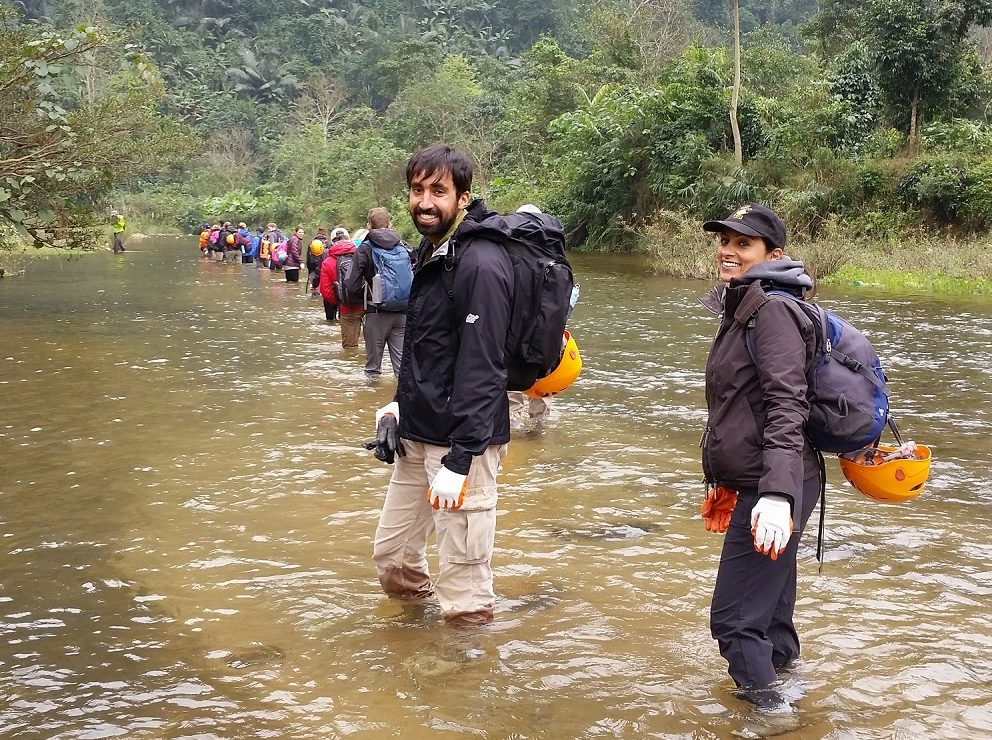
My wife, Amandeep – an international journalist and fellow Johnian alumnus (1998) – and I love travelling. Living in the Middle East and working for an airline gives us the opportunity to easily explore both on and off the beaten track, and we look forward to continuing our overseas adventures together.
Closer to home, I got into cycling during COVID-19. As we live on a beach with easy access to running and cycling tracks, this hobby quickly evolved into a more committed endeavour; I am currently training for the Dubai ‘Ironman 70.3’ 2023 – a 2km swim, 90km cycle and 21km run.
My five years flying the A380 also brought me to London very frequently, which was a welcome opportunity to keep in touch with my contemporaries from St John’s. We have a fantastic network from my year, and a group of us who studied maths and engineering – the ‘Pi Enthusiasts’ – meet regularly to sample pies and wine and generally reminisce about College days!
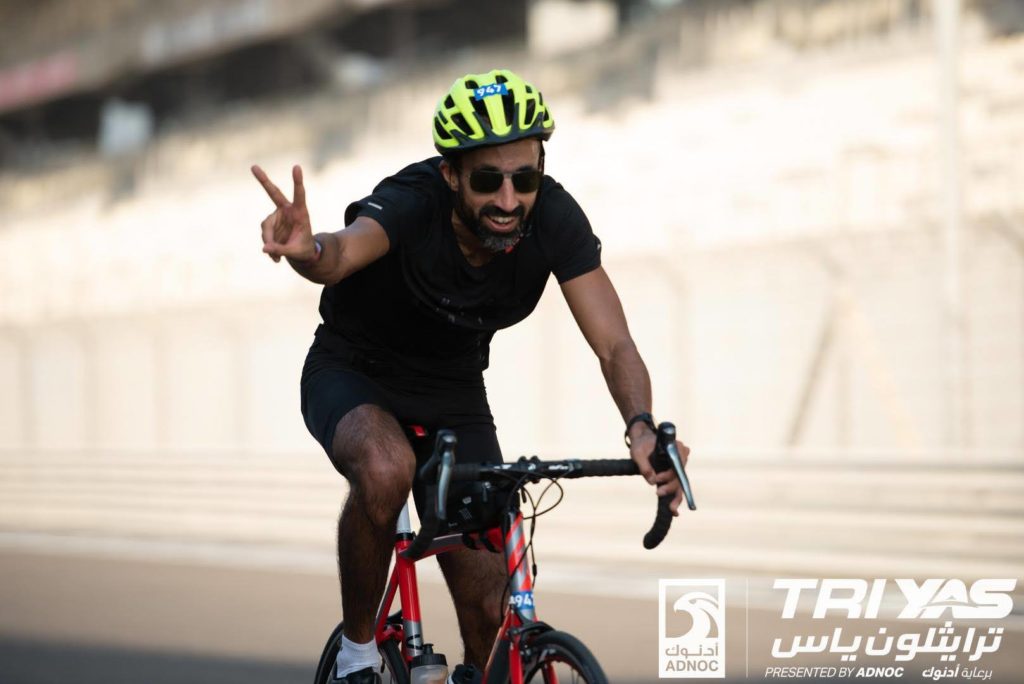

What’s next for you in the short and medium term?
I would like to return to long-haul flying, on Etihad’s newest and most modern aircraft, the Airbus A350, to get back to London more often and help me stay connected with friends and family there.
But if there is one thing that COVID has taught us it’s that there is no point planning in detail too far ahead. We are enjoying life as expats in the UAE and the career opportunities out here remain interesting and engaging for us both. Until that changes, maintain course!
The opinions expressed in this article belong to the author and do not reflect the view of Etihad Airways PJSC.
Written by
Jazz is a commercial pilot and Manager of Flight Operations for Etihad Airways. He has previously worked as an Officer in the RAF, which included flying the royal family and senior government ministers, and for Boston Consulting Group.


